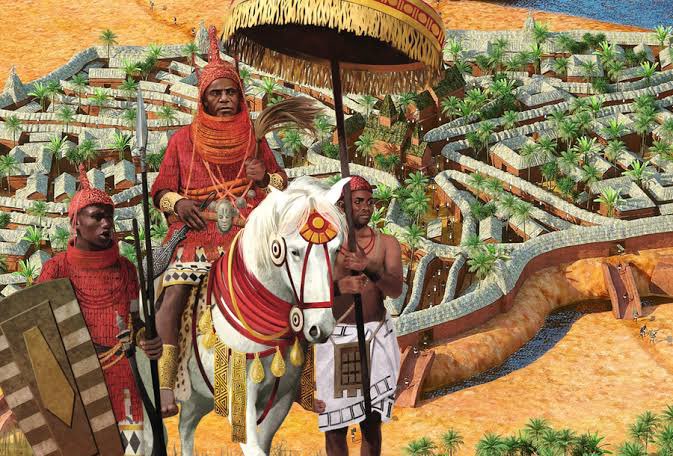The Rise and Fall of Nri Kingdom.
Nri Kingdom is one of the oldest kingdom in Nigeria and West Africa, the kingdom is the cradle of the culture and civilisation of the Igbo people. In the oral history of the Igbos, earliest records of the Kingdom dates back to 500BC.



Nri Kingdom is one of the oldest kingdom in Nigeria and West Africa, the kingdom is the cradle of the culture and civilisation of the Igbo people. In the oral history of the Igbos, earliest records of the Kingdom dates back to 500BC.
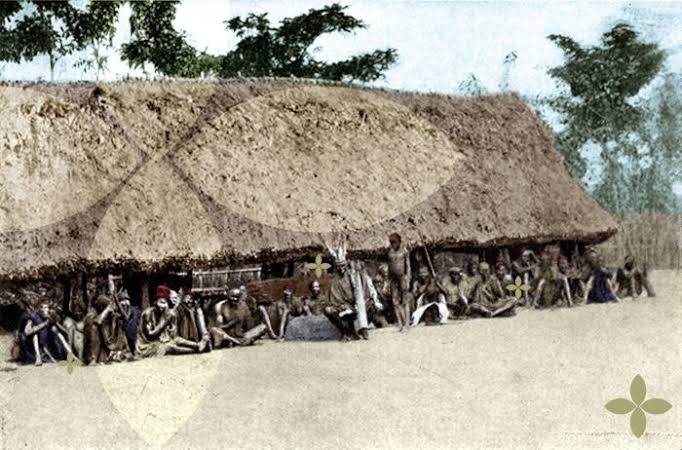
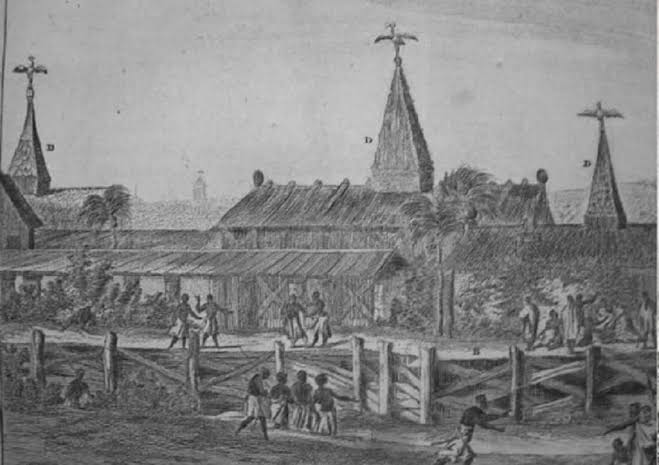
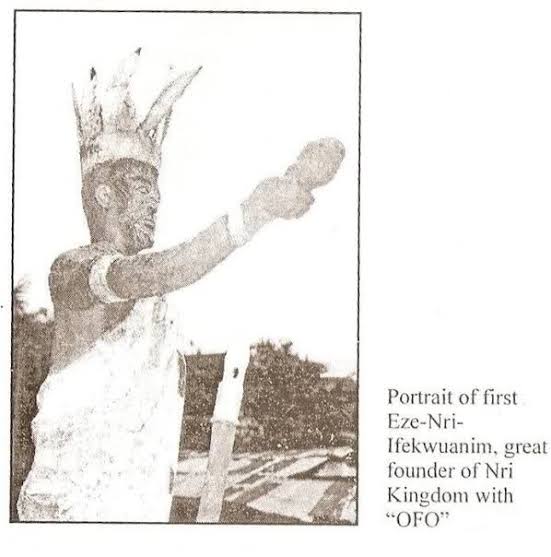
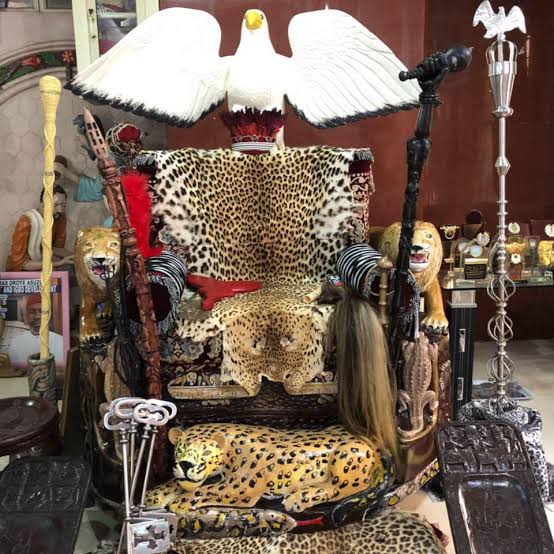
Founded by Eri, the founder believed to be a descendant of the 12 tribes of Israel, Eri was the fifth son of Gad, the seventh son of Jacob based on evidence that the Igbo language has traces in Hebrew, Canaanite and other languages spoken during the biblical days. 
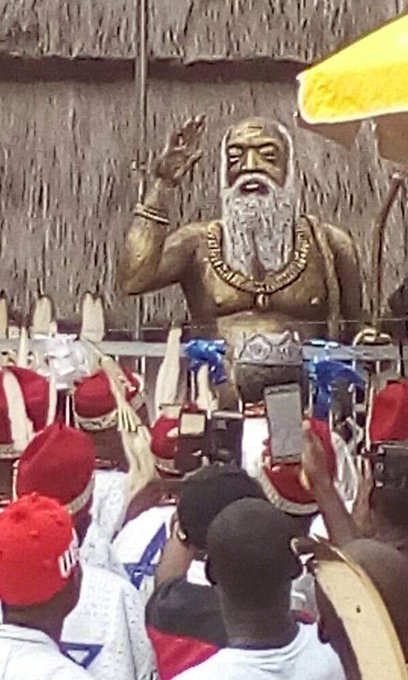
But before his arrival some evidence proof that people already existed in the Region but the Igbo Language dominated the existing people. The kingdom also use the Nsibiri system of writing which is one of the earliest writing in the world.
https://twitter.com/Joe__Bassey/status/1302289354853842945?s=19
The Kingdom of Nri dates back to the 9th century according to some evidence it's civilization spread and existed until it collapsed in 1911 on account of internal disputes, the slave trade, colonisation, British invasion and expansion of kingdoms like the Benin Kingdom. 

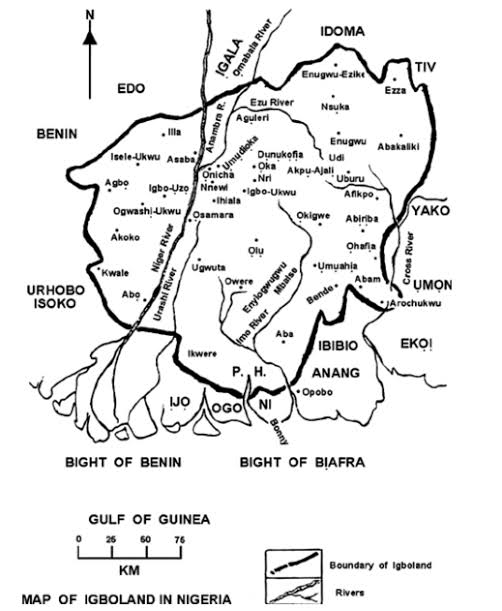
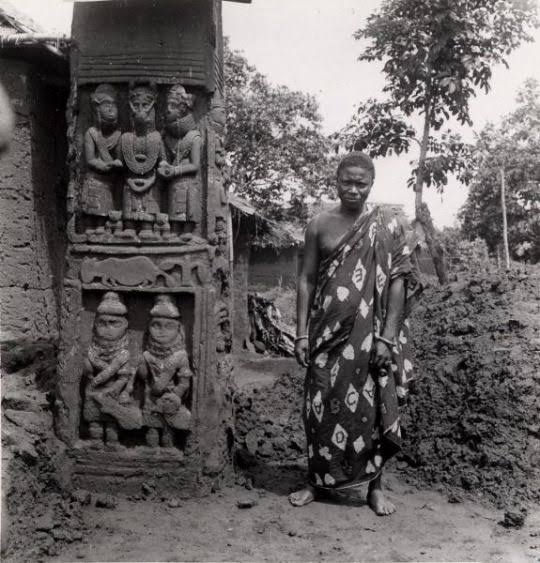
However, according to a more precise account, the Nri Kingdom was established in the 9th century by Eze Nri, a traditional and spiritual leader who ruled for many years. 

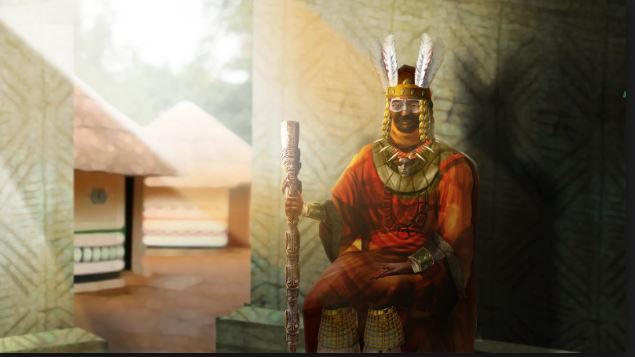
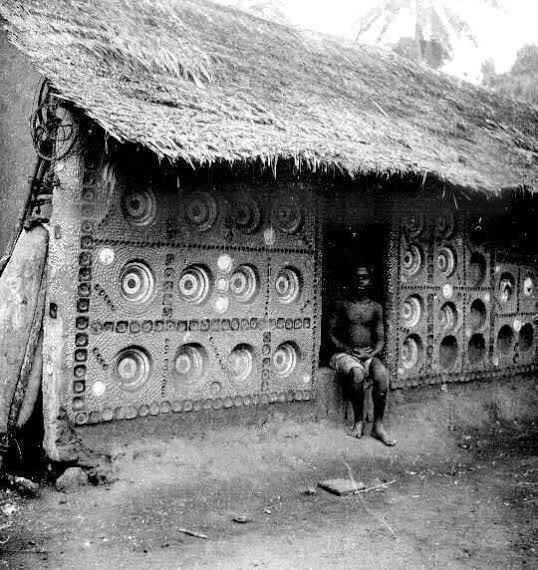
The kingdom was founded on the principals of oneness with the Divine Creator. To attain such oneness, the people were expected to live their lives based on justice, honesty, wisdom, knowledge, peace and harmony. 

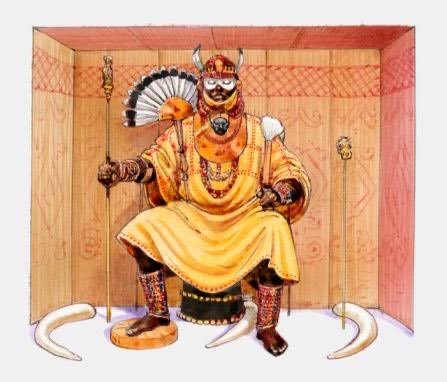
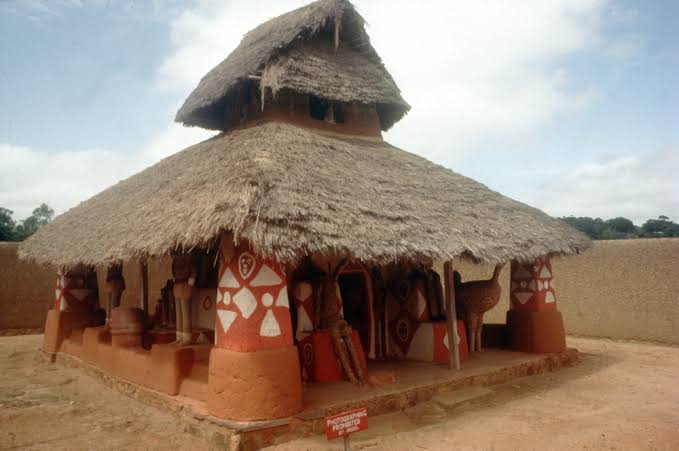
The kingdom was feared by many nearby kingdoms for their supposed spiritual strength and powers that kept their people together and prevented it from being attacked despite the absence of a military. 

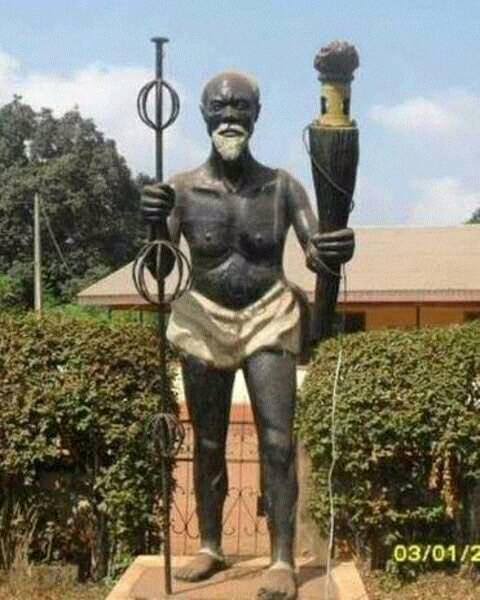
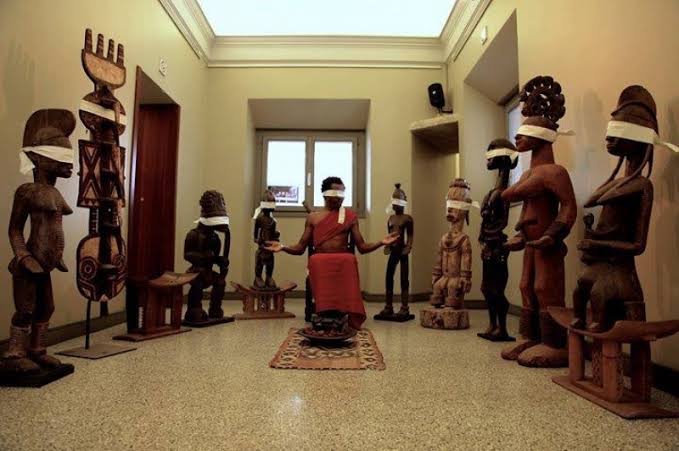
The Nri Kingdom was structured around traditional beliefs and systems including sacrifices, myths, taboos, norms and values.
Eze Nri, also opened up the kingdom to outcasts, exiled people, runaway indigenous slaves from Kanem Borno, Benin Kingdom and fugitives seeking a new home.

Eze Nri, also opened up the kingdom to outcasts, exiled people, runaway indigenous slaves from Kanem Borno, Benin Kingdom and fugitives seeking a new home.
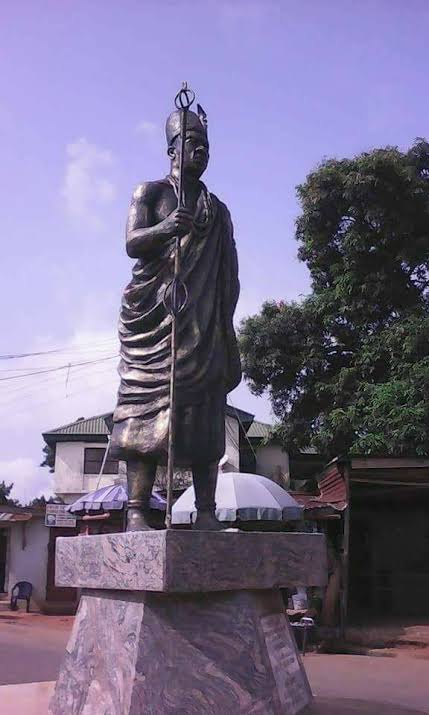
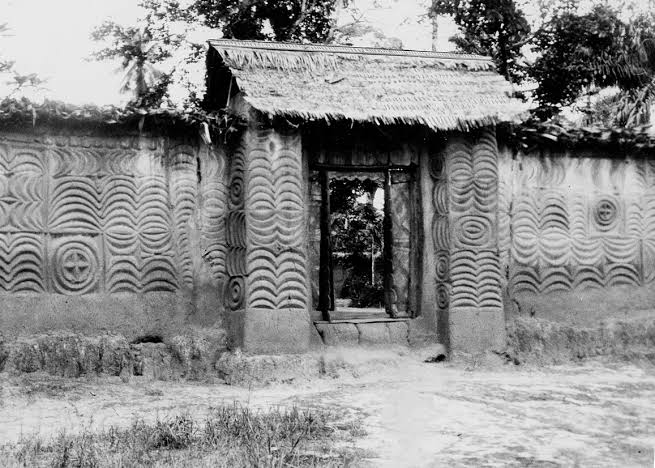
The Kingdom soon expanded and became a safe haven for ancient Africans seeking a safe community to live in due to their past experiences. Once they found themselves on the Nri lands, they were acknowledged as citizens of the kingdom, such outcasts were locally known to as ‘Osu’. 
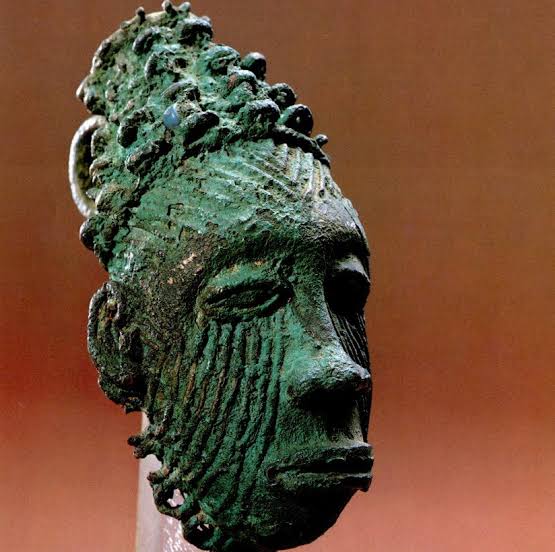
The kingdom became more popular during the slave trade because its kings were noted for their strong will and outspokenness against the slave trade. Slaves who could escape to the kingdom were automatically freed and given a home. 

At the time when freed slaves from the diaspora were returning to Africa, many of them joined the Nri Kingdom they settle especially in Ikwere and lower part of the Kingdom helping to develop its already existing trade in palm oil and natural mineral resources such as bronze. 
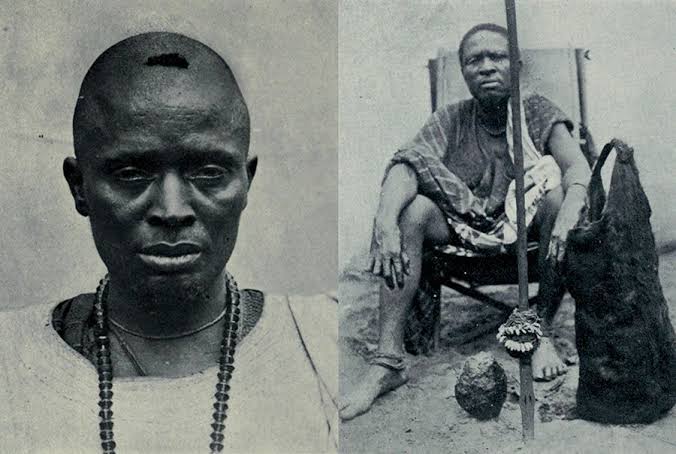
Soon, the kingdom became very wealthy and a centre for trade in Nigeria and parts of West Africa.
The British and several kingdoms eg the Akwa Akpa Kingdom that supported slave trade tagged the Nri kingdom as an enemy of progress and attempted many attacks which failed.
The British and several kingdoms eg the Akwa Akpa Kingdom that supported slave trade tagged the Nri kingdom as an enemy of progress and attempted many attacks which failed.
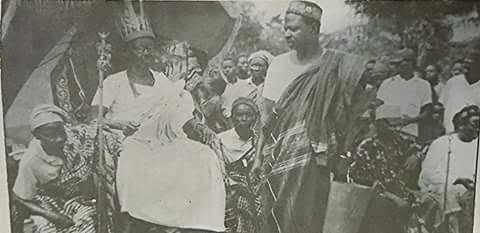
Unfortunately, internal disputes and several external attacks led to the weakening of the Nri. The gradual loss of its power led to its take over by the Benin Kingdom in 1911.
The Nri people later form a military confederacy with other kingdoms known as the Aro Confederation.
The Nri people later form a military confederacy with other kingdoms known as the Aro Confederation.
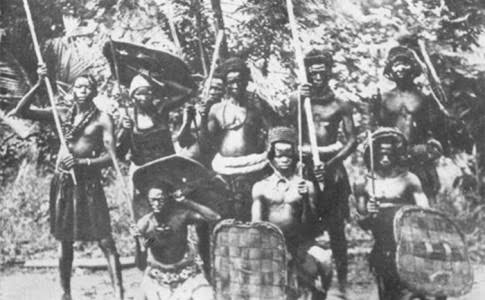
The Nri Kingdom is remembered for its bronze artefacts many of which were looted by the British Empire were its system of governance through traditional customs and peace. 



https://twitter.com/Joe__Bassey/status/1297052719300202496?s=19
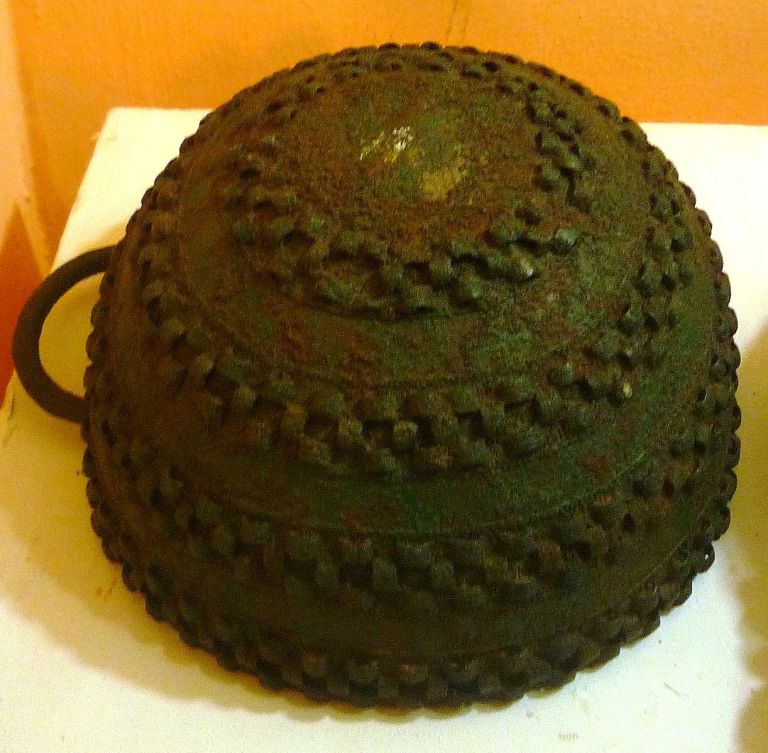
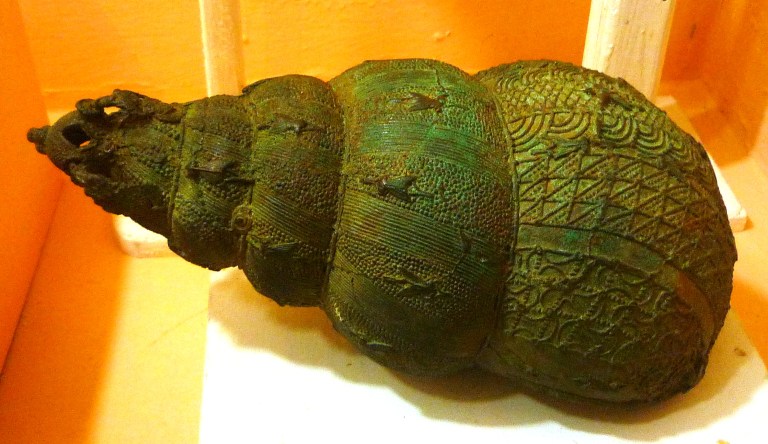
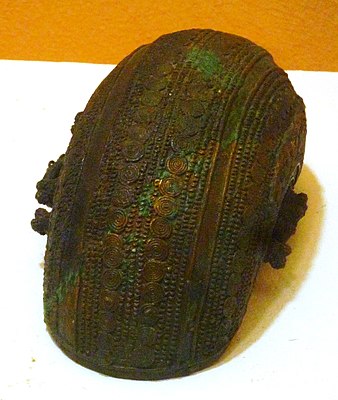
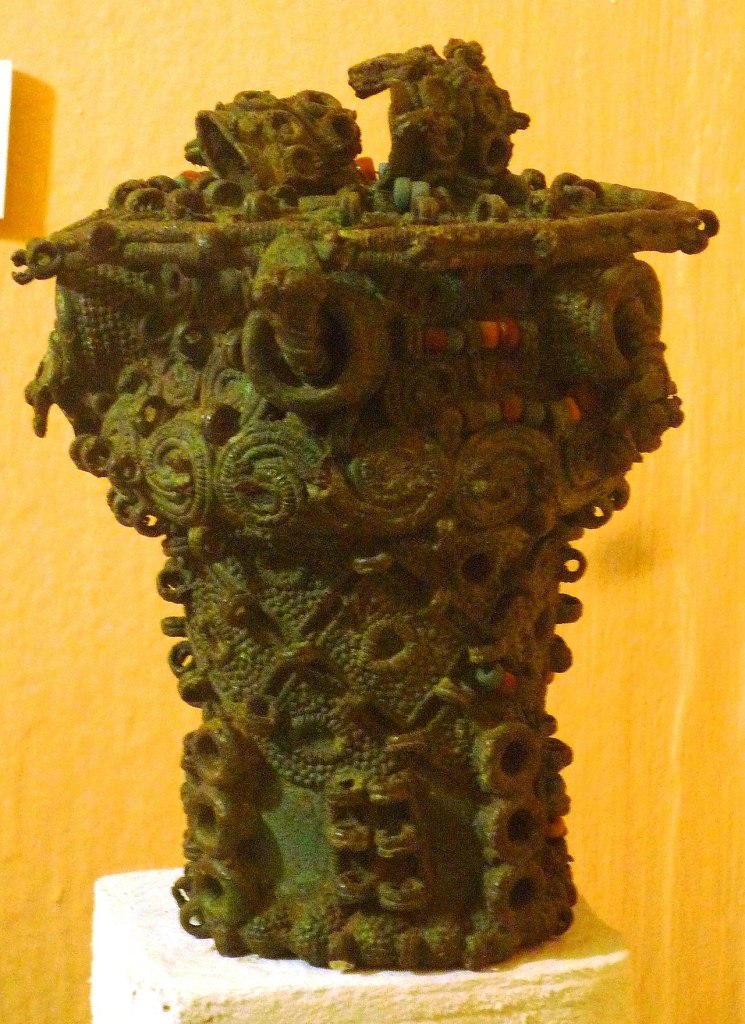
To know more about ancient African civilization and history check my likes and follow me to see my future post. 
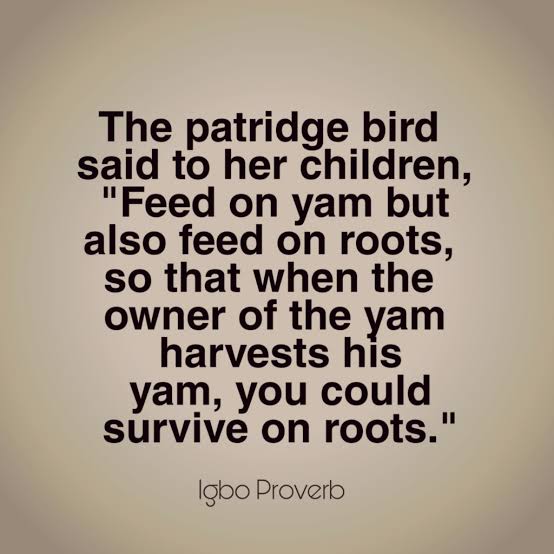
• • •
Missing some Tweet in this thread? You can try to
force a refresh















